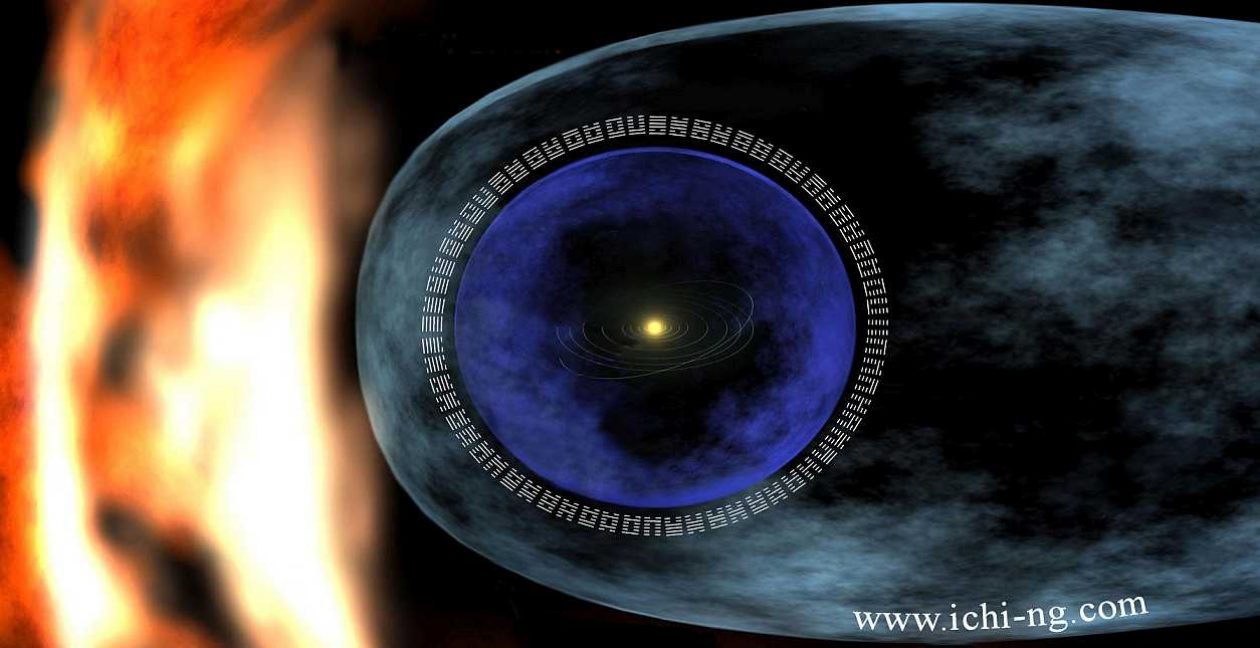Preface
I Ching: The Great Treatise: An Astrological Perspective
Preface
This commentary is the result of forty-six years studying the I Ching and forty-one years teaching it. Gradually the astrological implications of the changes became more and more apparent, which has lead to this commentary on the Great Treatise.
In retrospect, it could be seen as a clarification of the distinctions between the Earlier Heaven and Later Heaven arrangements. The awareness of these distinctions did not happen overnight, but rather developed gradually over decades of repeated study.
Each time an approach to this subject was made, greater associations became apparent. Even while making the commentary more lucid associations arose. The relationship of Fu Hsi’s Earlier Heaven arrangement to that of King Wan and the Duke of Chou’s Later arrangement steadily became clearer.
The divination based mathematical foundations of the Later World Arrangement introduced the counting of the yarrow stalks and the fascination with mathematical randomness. It was the seeming contradiction between the randomness of change and the presentation of change as well ordered and sequential in relationship to nature, that fueled this commentary. This began to clarify the distinctly unique nature of two trigram arrangements.
Two ideas represent the nature of this commentary. The first is the name of a hexagram, Work On What Has Been Spoiled”. The second is the comment from within the Great Treatise itself, “Thoughts about the decline of an era come to mind”.
Contemporary attitudes to the trigram arrangement of Later Heaven as being lucky, and the Earlier Heaven arrangement as being unlucky, lead to considerations that the Earlier Heaven arrangement may have been systematically discouraged, discredited and marginalized by the ascension of the era of Later Heaven.
In the Earlier Heaven arrangement opposites were opposite each other, while in the Later Heaven arrangement opposites were not always opposite each other. This represented two very different logic flows. The Earlier Heaven arrangement was based on natural perceptions, personal experience and astrological wisdom. The Later Heaven arrangement assumed that one could tune into the wisdom of the I Ching through the randomness of mathematical coincidence and that it was no longer necessary or advisable to study the old ways.
There will be no doubt criticism on this point as astrology has been assumed to start in Mesopotamia, but this commentary has come to the conclusion that astrological deduction was an essential foundation of the original changes dating back to approximately 3,300 BC.
Furthermore the association of the changes with life being well ordered and as such the essence of wisdom, challenges the Later Heaven consideration of change as random. It seems that a conscious attempt to redirect and condition people’s attitudes to and understanding of life’s changes was undertaken for political motivation.
The Great Treatise or the Great Commentary of the changes, also known as the Ta Chuan, was the basis for the further astrological considerations in this work. The source material referred to was from the Richard Wilhelm version, “The I Ching, or Book of Changes”. It was this work of Richard Wilhelm with the guidance of his revered teacher Lao Nai-hsuan that made the I Ching accessible to the western mind while keeping the ancient mysteries within it inherently alive.
Once the filters of political propagation were put in place, an increasingly fascinating insight into the Sequence of Earlier Heaven, as fundamentally distinct from that of Later Heaven, came into view. The essence of two eras became clarified. It is the relationship of the natural experiential era to the era of mathematical abstraction that permeates this commentary on the Great Commentary. The premise is that the changes were essentially and primarily astrological, before the advent of the Later Heaven mathematical arrangement.
It becomes apparent that the Great Treatise could have originally presented the understanding of an astrological almanac, subsequently adapted for random divinatory indoctrination. Emphasis has been given to the astrological associations but an attempt was made to include both perspectives in this commentary.
Robin Armstrong
June 18, 2011, Aurora, Ontario, Canada
